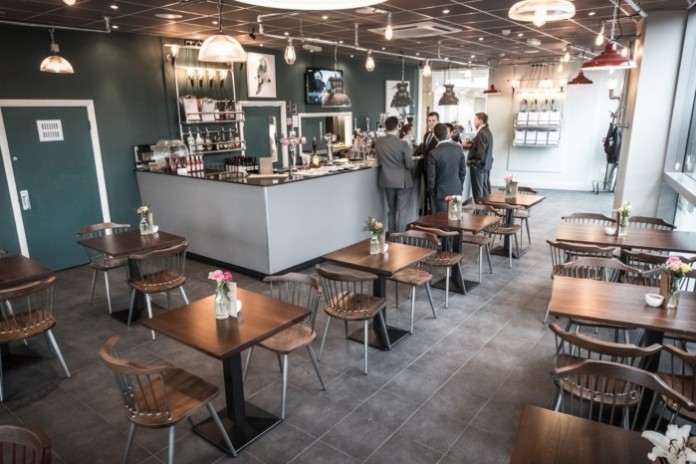In its inaugural Northern Soul report, Colliers International says that after a number of buoyant years, the food and beverage (F&B) market in the North of England has entered uncharted waters with much talk of oversupply in a range of locations. Yet despite this broader potential market slowdown, good locations in major city centre and affluent suburb will continue to prosper and the best prime pitches will continue to see further rental growth.
Ross Kirton, Head of UK Leisure Agency at Colliers International commented: “Some locations that have expanded their offer rapidly are now starting to see signs of oversupply, leaving some schemes with a more challenging outlook. However, the most prosperous and sustainable locations will be those which continue to keep the offer fresh, bring new entrants to the region and carefully curate the offer to meet the demands of the local consumer.”
The latest research from the global real estate advisor, which provides an insight into the F&B and leisure landscape in four key northern cities (Manchester, Leeds, Liverpool and Sheffield), shows that people in the North and Yorkshire and the Humber spend 14 per cent of their income on recreation, more than any other region in the UK. Consumers nationwide spent £1 in every £5 on leisure in 2016, accounting for £238 billion or 20 per cent of all consumer spend.
Cat Stevenson, Retail & Leisure Analyst at Colliers International comments: “This resilience in the sector to date can be attributed to social change; increasingly tech-savvy consumers; ‘disruptor’ operators in the market and the rise of ever-demanding Millennials challenging the industry. However, whilst the growth in the leisure sector is a nationwide trend, different locations are performing at different rates, with opportunities for operators reliant on the size of the market, regional tastes and demographic characteristics.”
Many trends and concepts that began in London, such as street-food, food halls and home-delivery app services, have started to be rolled out across regional locations over the past few years, developing nationwide brands. However, several London-centric operators have struggled to successfully transfer concepts beyond the capital.”
The report also shows that leisure categories in Yorkshire and the Humber are growing at a faster rate than the North West, where there is already a bigger supply of operators and suitable units and the region is experiencing more measured growth. So, there is limited scope for further expansion in some areas and not all landlords have been successful in attracting leisure tenants.
Ross Kirton, Head of UK Leisure Agency at Colliers International, commented: “Our research demonstrates that the sector’s growth has been underpinned by changing consumer habits, increasing numbers of people eating out and consumers shifting towards ‘experiential’ retail and leisure shopping trips.
“The growth in popularity for competitive social activities, such as indoor crazy golf, darts, ping-pong and escape rooms, is fast becoming stiff competition for the traditional restaurant, bar and pub industry. These new activities often provide an option for landlords to let small or difficult space. We are advising landlords to take a very measured approach to their leisure strategy as a number of core operators pause for breath.”



















